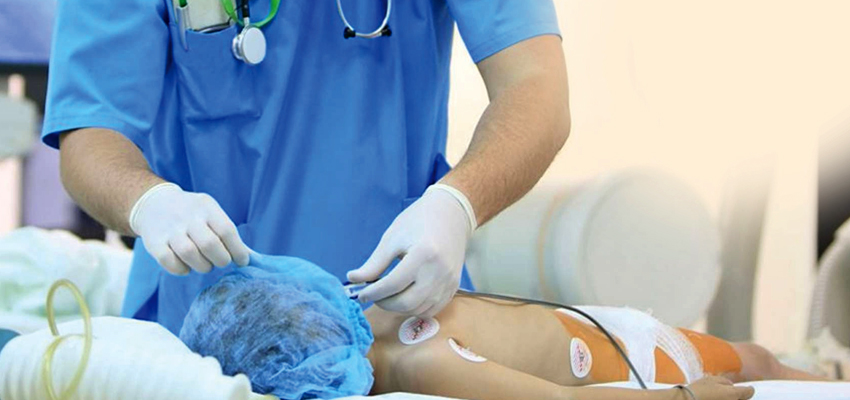Pediatric Surgery
Pediatric surgery is a specialized branch of medicine that focuses on surgical procedures performed on infants, children, and adolescents. Pediatric surgeons are medical doctors who have undergone extensive training to provide surgical care tailored specifically to the unique anatomical, physiological, and emotional needs of pediatric patients.
Pediatric surgeons are trained to diagnose, treat, and manage surgical conditions affecting children, ranging from birth defects and congenital anomalies to traumatic injuries and acquired diseases. They work closely with other healthcare professionals, including pediatricians, neonatologists, pediatric anesthesiologists, and pediatric nurses, to provide comprehensive care to young patients.
Common conditions that may require pediatric surgical intervention include:
-
Congenital anomalies: These are structural abnormalities present at birth, such as cleft lip and palate, congenital heart defects, gastrointestinal malformations, and neural tube defects.
-
Pediatric cancers: Pediatric surgeons may be involved in the surgical management of childhood cancers, including neuroblastoma, Wilms tumor, leukemia, lymphoma, and soft tissue sarcomas.
-
Traumatic injuries: Pediatric surgeons treat a variety of traumatic injuries in children, including fractures, burns, lacerations, and abdominal injuries.
-
Gastrointestinal conditions: Pediatric surgeons may perform surgeries to address gastrointestinal disorders such as appendicitis, pyloric stenosis, intussusception, malrotation, and inflammatory bowel disease.
-
Urological conditions: Pediatric surgeons may specialize in pediatric urology, treating conditions such as hypospadias, vesicoureteral reflux, undescended testes, and urinary tract obstructions.
-
Hernias: Pediatric surgeons commonly repair inguinal hernias and umbilical hernias in children.
Pediatric surgery requires not only technical expertise but also a deep understanding of the physical and emotional needs of pediatric patients and their families. Pediatric surgeons strive to provide compassionate, family-centered care while achieving the best possible surgical outcomes for their young patients.
Advancements in pediatric surgical techniques, anesthesia, and perioperative care have led to improved outcomes and reduced morbidity and mortality rates for pediatric surgical patients. Additionally, many pediatric surgical procedures are now performed using minimally invasive techniques, such as laparoscopy and thoracoscopy, which offer smaller incisions, faster recovery times, and fewer complications compared to traditional open surgery.
Overall, pediatric surgery plays a crucial role in the comprehensive healthcare of children, addressing surgical conditions that may arise during infancy, childhood, and adolescence and helping children lead healthier lives.

